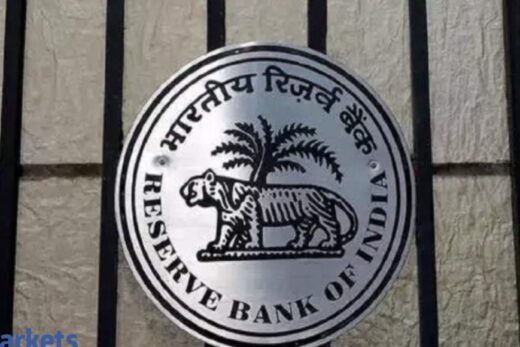The central bank stepped up efforts earlier this week by announcing details of a scheme, called RBI Retail Direct, aimed at facilitating investment by retail investors in gilts by improving ease of access and providing a direct portal for individual investors. The scheme, which was initially announced by RBI in February, is yet to commence.
While the RBI’s plan has been universally lauded as a step in the right direction, two of the leading bond houses in India feel that in order for the scheme to achieve fruition, it would be necessary for retail investors to be incentivised with tax benefits for directly investing in government securities.
According to ICICI Securities Primary Dealership and PNB Gilts Ltd, the first and second largest standalone primary dealerships in India respectively, there are two key hurdles.
First of all, mutual funds, which offer tax benefits for retail investments in gilts and the opportunity to convert interest income on government bonds into capital gains and the government’s small savings schemes, which are tax-free and fetch more lucrative returns
“About this retail product per se, the conception of it has been very good. I think at least from RBI’s end, they have conceived the product well and it’s now fairly easy for a retail person to start buying gilts,” ICICI Securities Primary Dealership Managing Director and Chief Executive Officer Shailendra Jhingan said.
“But is it going to lead to a widespread demand when you have mutual funds as more tax-efficient way of holding gilts? Or, for that matter, small savings schemes which are absolutely tax free and offer a higher return?” he said.
One way to bring more retail investors into the fold would be to offer tax relief under Section 80C for investing in government securities.
“Earlier there used to be some part of 80C which was dedicated to interest income from government securities,” PNB Gilts Managing Director and Chief Executive Officer Vikas Goel said.
“If that is introduced, then there can be some interest from retail buyers. Otherwise, I think it will be very difficult,” he said.
Goel said while there could be some interest in short-term government securities such as Treasury Bills, even there government bonds face stiff competition from fixed deposits of public sector banks.
“Because, T-bills are below the FD rates of PSU banks. Also, in the mind of a retail investor, PSU bank and T-bill there is no difference,” he said.
Under the new scheme, individuals will have the option of opening and maintaining a Retail Digital Gilt Account with RBI, similar to the gilt accounts held by institutional investors.
The account, which can be opened through an online portal, will give registered users the opportunity to access RBI’s Negotiated Dealing System-Order Matching platform and primary auctions.



